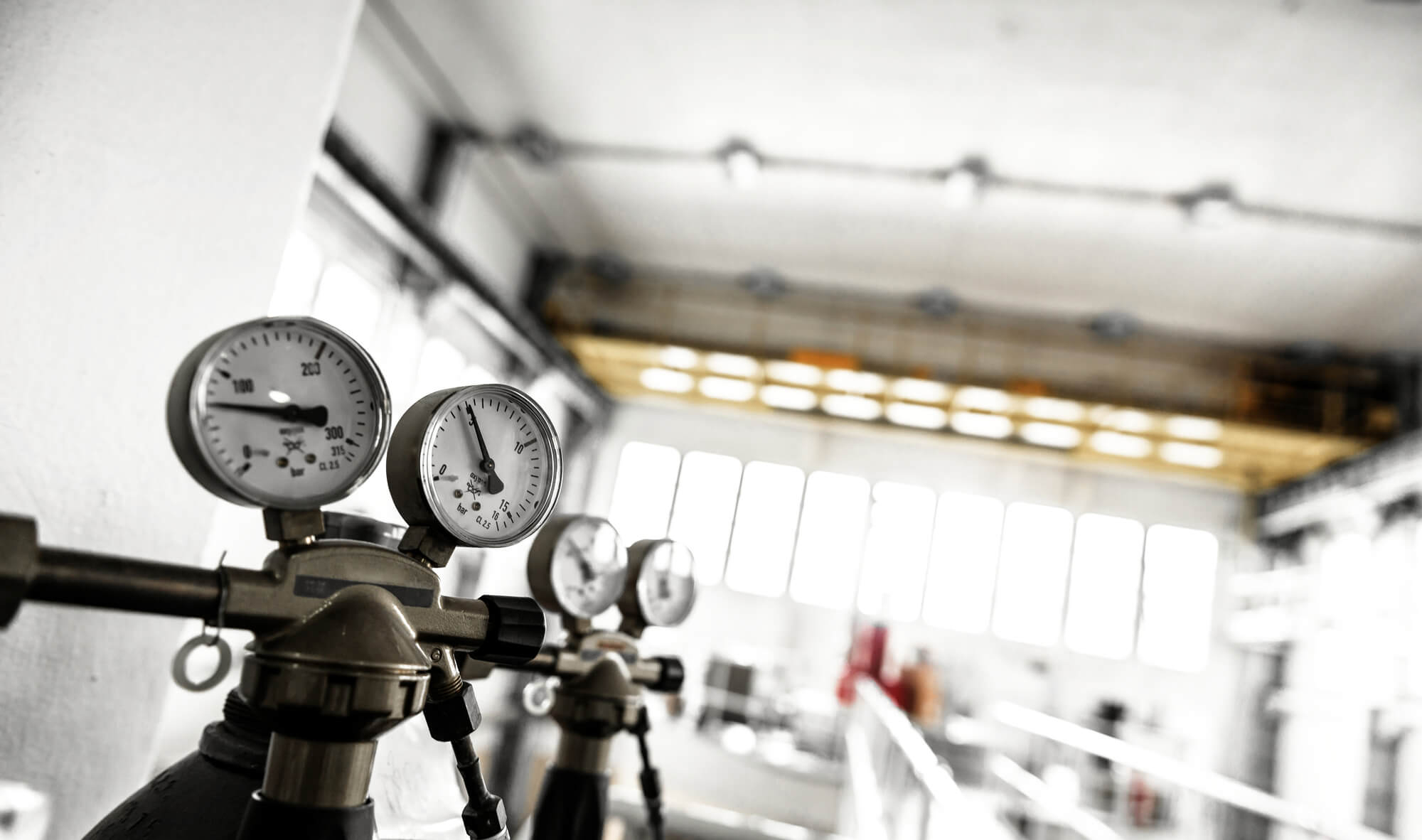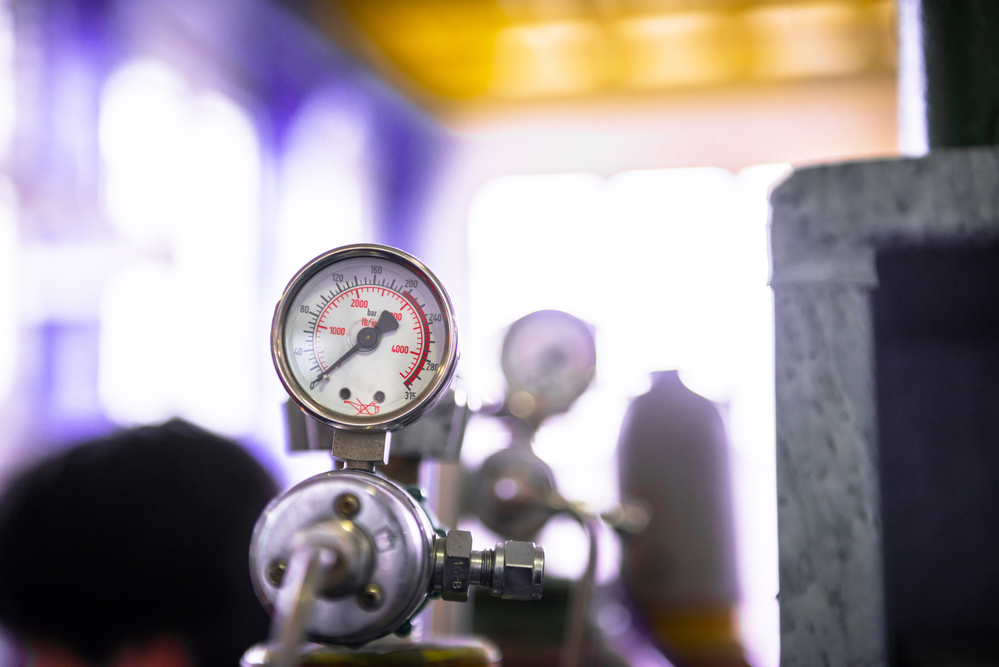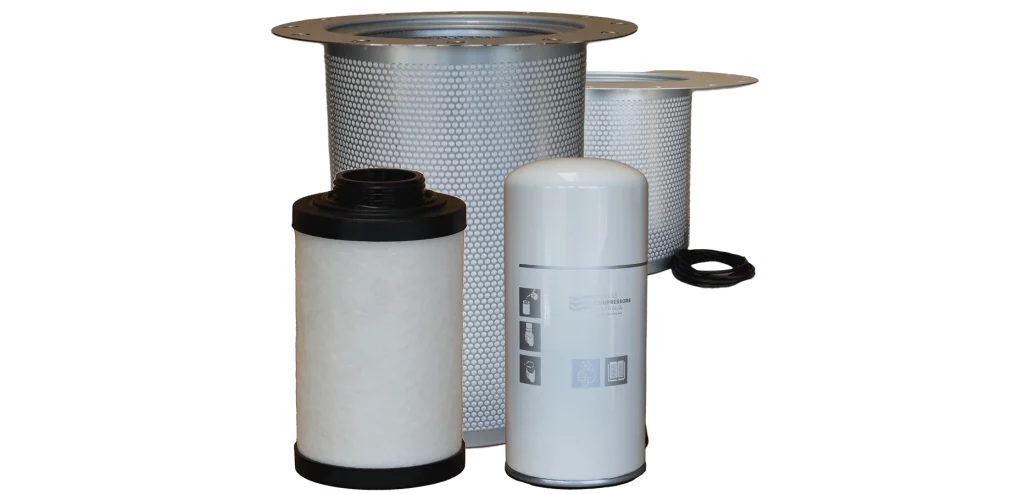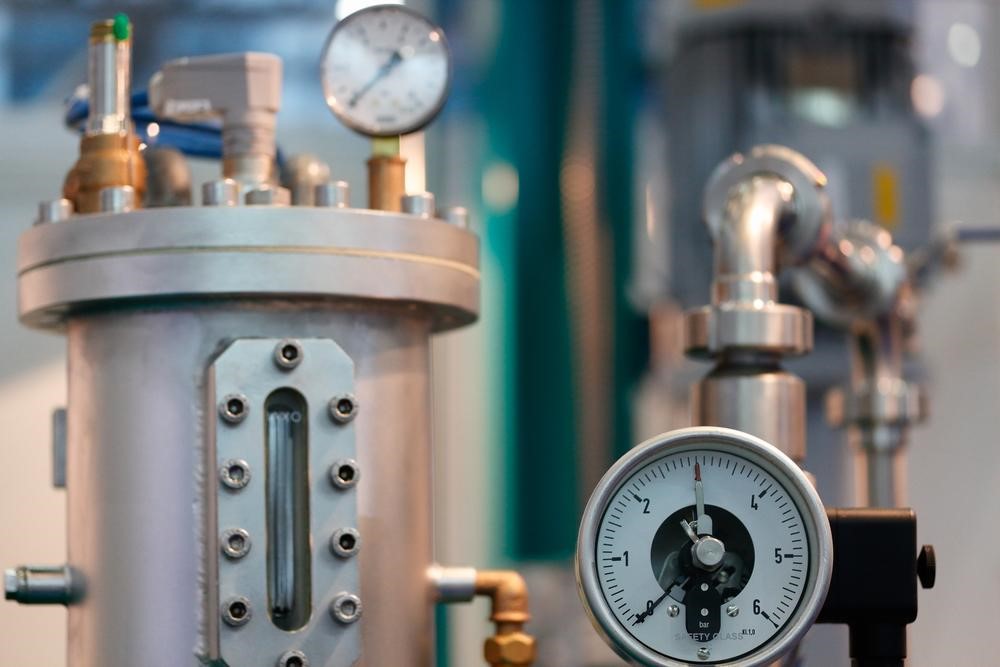Air compressors are important tools but if you want them to last long and work well, then you’ve got to know how to take care of them. Understanding how to care for and prevent damage to your machine will dramatically increase its lifespan and help limit or prevent costly and time-consuming problems.
Fortunately, there are plenty of easy DIY air compressor maintenance tricks you can employ to increase the lifespan of your air compressor. Here are nine air compressor service tips that our expert team recommends for those who want to properly care for their air compressor.
9 Useful Air Compressor Service Tips
1. Give it regular oil changes
Like most machines, most air compressors use oil to lubricate moving parts. If you’re changing the oil yourself, try running the air compressor for a few minutes to heat the oil so that it drains easily. Be sure to replace the old oil with a comparable product. While you’re at it, be sure that your air compressor has the proper amount of oil.
2. Change the air and oil filters as needed
The air filter in your air compressor is used to separate particles from the air output. The more you use your air compressor, the more the filter fills up with dust, dirt, and other matter which reduces the airflow and which requires your compressor to work harder. This can make your machine overheat and cause other issues or damage.
Likewise, oil filters are used in oil-lubricated compressors to remove dust, dirt, and other particles from the oil that is circulating throughout the compressor. Like air filters, oil filters work best when they’re not gummed up with particles — a dirty filter can lead to inefficient or even damaged equipment.
Depending on how often you use your air compressor, you may want to change the air and oil filters every 2000 hours at a minimum. Fortunately, changing filters is a relatively easy task, although you may want to reach out to a professional for assistance with industrial air compressors.
3. Use it in a well-ventilated area
Air compressors produce heat while they’re in operation. Keep your compressor in a well-ventilated space to help reduce the risk of it overheating. When installing the air compressor, ensure that there is adequate space around it — especially around any vents or openings — to allow air to move freely and prevent heat from building up in one spot.
4. Don’t let it overheat
You’ll need to keep your air compressor within the suggested temperature range while it’s in use (check the operating manual for an indication regarding what temperature this will be for your specific unit). Keep your air compressor from overheating, as this can cause unnecessary damage to your machine. Some of the most common causes of overheating include:
- Damaged, dirty or worn-out compressor components
- Air blockages
- Poor ventilation around the compressor
- Age of machine
- Overusage of machine
- Old oil
If your compressor won’t turn on, consistently trips the breaker, makes abnormal sounds, or seems to be wearing out faster than it should be, your machine could be overheating.
5. Inspect it before use
Run through an inspection checklist before you start up your air compressor. It’s faster and easier to make sure everything is in order than to use your compressor for hours and find out later that you’ve damaged your equipment because something was out of place. Be sure to check:
- Oil levels
- Bolts and screws throughout the machine
- The integrity of the hoses
- Air and oil filters
- Electrical parts
- Gaskets and seals
6. Prevent moisture damage
As air is pulled into the compressor, moisture is removed and stored in a dedicated tank. Be sure to regularly clean and dry this tank; do not let moisture sit in it or it may result in rusty components and a damaged compressor.
7. Follow the manual
Your operator’s manual should include several suggestions for maintaining your particular compressor. Be sure to read the manual — especially if you’re experiencing a problem with the compressor. Carefully follow the instructions for operating, maintaining and — if necessary — repairing the compressor. Even if you’ve worked with similar equipment before, different compressors require different care, so be sure to know what your compressor needs.
8. Take it to a professional and get it serviced
If you ever experience an issue when using your air compressor, consider taking it in for servicing or repair. Don’t assume that just because an issue is minor that it means you can ignore it.
Running a compressor with damaged, old, or worn-out parts is not only inefficient but can also lead to even more damage. Remember that regular servicing can cut down on maintenance problems and their associated costs — a win for you and your budget.
9. Replace old or worn-out components as needed
Don’t wait for your air compressor to break completely before fixing it up. Investing in new components for your compressor will not only help the compressor operate with maximum efficiency but will also help prevent any damage that might have been caused by old or worn-out parts.
Be sure to find a trusted air compressor expert to purchase parts from. Additionally, if you’re not comfortable replacing the components yourself, engage a professional who will be sure to install things correctly.
Keep your air compressor functioning optimally with high-quality replacement parts
Daily air compressor maintenance is an intrinsic element of a healthy and long-lasting air compressor. However, investing in the proper components will also go a long way to ensuring that your air compressor will work well for a long time to come.
Visit Express Australia’s online store to discover a selection of high-range air compressor parts, conveniently categorised for easy access and available for delivery to all states and territories across Australia. For further assistance, don’t hesitate to reach out to our knowledgeable support team for help with any technical questions you may have regarding our product line or your compressor.




